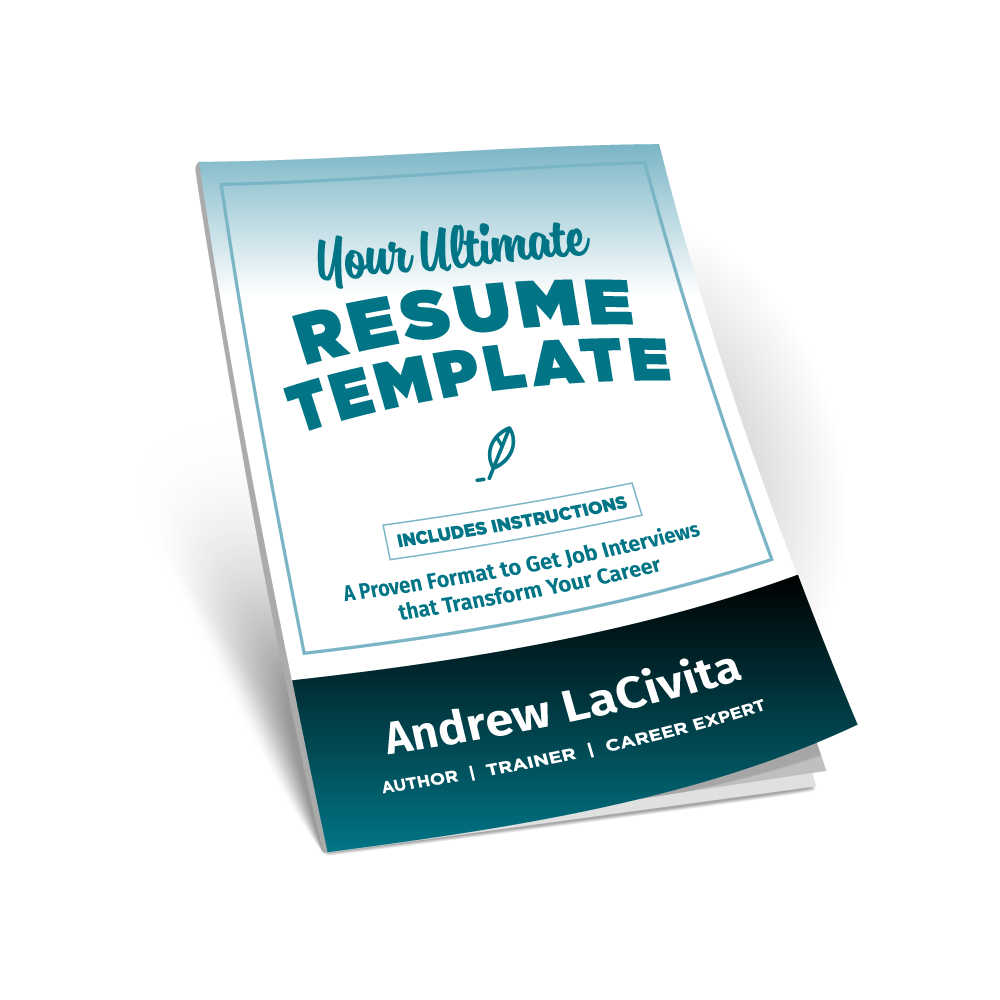You know that expression often used in sales negotiations, “He who speaks first, loses”? Well, that doesn’t always apply in negotiating your employment offer. There are so many factors to consider, the first of which is when the employer inquires about your current or desired compensation.
The turf you’re standing on is everything…
Speaking of many factors, I’d like to mention before we dive in that the remainder of this post will not be about the standard steps and responses you should take when negotiating an employment offer. I think you’ll end up on the short end if you think there’s such a thing as “standard.” No siree! A master of negotiation understands that the landscape upon which you negotiate is ultimately what helps you negotiate anything effectively. The more you understand about the landscape, the more effective you’ll be.
The “When” is everything, uh, else…
In the case of negotiating your employment offer, the most important success factor in achieving what you want is making sure to request it when your “stock” is highest. This is unlikely to be during the first interview. You simply haven’t had enough opportunity to dazzle them. If it is, you won’t be in the process very long nor need to be concerned about this. So, if during the first interview, the employer asks your desired level of compensation, I would recommend responding with something such as, “Here is my current level of compensation. I am certain if we are the right match for each other we will be able to come to an agreement that’s amenable for both of us.” You’ve now provided the company with valuable data (if they didn’t have it already).
But in the end, compromise is really what matters most…
Keep in mind, the more they like you, the more they’re willing to pay. The more you like them, the less you’re willing to accept. (In the same vein, I don’t recommend employers explaining up front what the position pays. In the same manner the candidate has not had a chance to impress the company, the company has not had a chance to impress the candidate. The candidate might, in fact, be willing to negotiate away dollars for the pure joy of working there. She doesn’t know that yet because she has very little information.)
If the employer indicates they would like to extend an offer to you, position yourself to review the offer in its entirety. Review your current situation, requirements, timing constraints, and compensation. Take a close look not only at the potential compensation level but also at the company outlook, culture, role, professional development, coworkers, autonomy, work and life balance, location, travel, and benefits. (See 5 Questions to Ask Before You Job Search and The Top 12 Happiness Factors for Employees for more insight.)
Being a team is way better than either party being selfish…
Perhaps the most important thing to remember at this stage is that as soon as the employer announces it would like to extend you an offer, you have instantaneously become teammates—not adversaries—in the negotiation. You either both win (if you accept) or both lose (if you do not). What do teammates do? By connotation, they work together to accomplish a common goal. That means communicating with each other to express your needs, areas that are important to you, where you can be flexible, and your rationale for wanting certain components in your overall compensation package. To the extent you can convey to them that you “want to make this work,” you will substantially increase the likelihood of realizing what you want.
How much “think time” should I request?
This is a critical decision, so make sure to request the appropriate amount of time to consider it. There is no one set industry standard for the duration. The most important factor is to provide the company with a definitive date you will respond—and stick to it.
If you need a few days, you can simply indicate so and respond at the appropriate time (or before) with a verbal, e-mailed, or written confirmation. I recommend the verbal response, especially considering the magnitude, but also realize all situations are different.
If you need a few weeks, I recommend agreeing to a touchpoint with the employer sometime in between so as not to have an extended period of silence. This checkpoint serves as good opportunity for both parties to ask questions or provide clarifications.









Leave A Comment